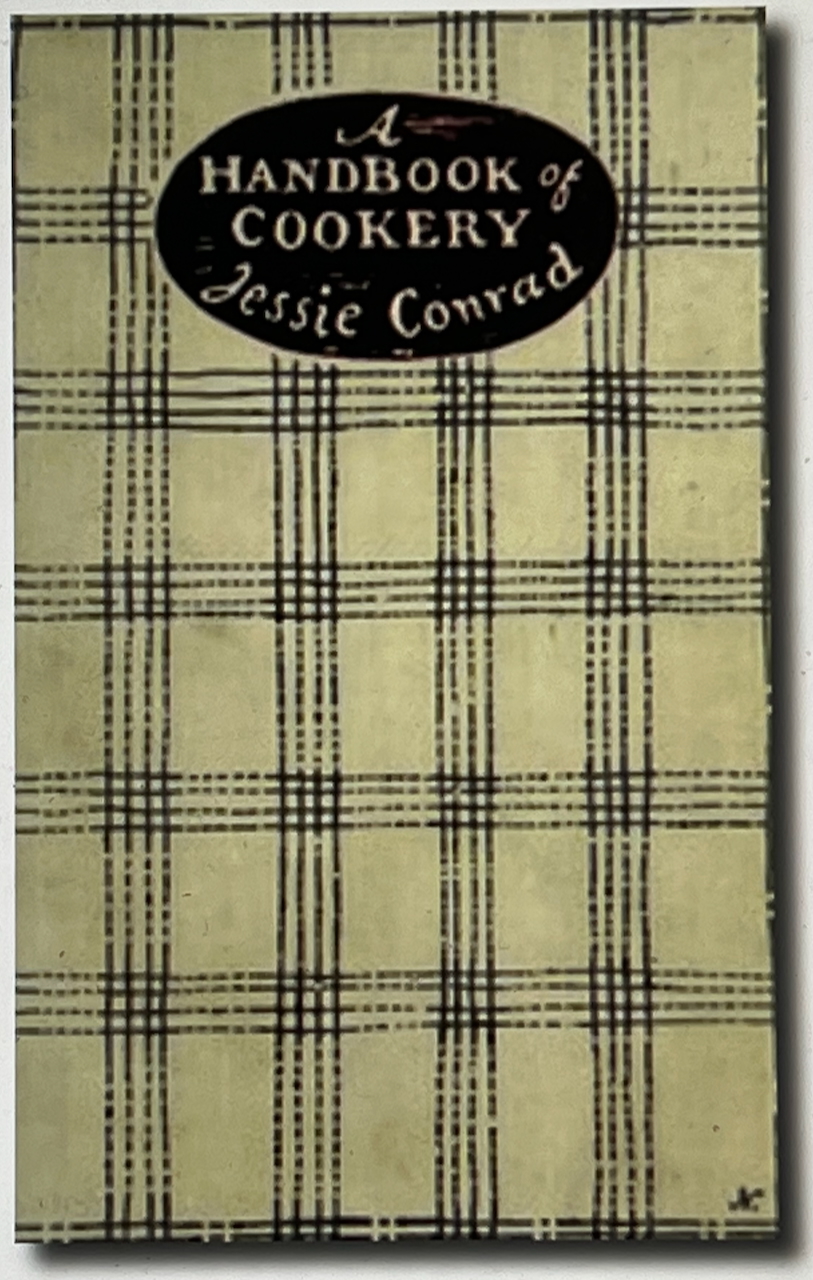When Advertising Gloms on to Disaster
October 19, 2023

Shortly after 9-11 a photo in the news showed a New York City street covered with rubble, ash, and an ad, blown from the side of a bus, with Ben Stiller making the pouty face of his character Derek Zoolander. Through no fault of the actor, the movie, or even the marketing company, Stiller’s face looked perverse in its new context, a mockery of devastation and human suffering.
I was reminded of that yesterday as I was reading an article online at The Atlantic, called “China Changed Its Mind About WWII.” Most of it is about the war crime tribunal in Tokyo, prosecuted from 1946 to 1948 by the Allies, and its sole Chinese judge, Mei Ruao.
The article’s author, Gary J. Bass, says, “Spectators heard harrowing testimony from Chinese and American eyewitnesses to massacre and rape at Nanjing, Filipinos who saw slaughter in Manila and elsewhere, American survivors of the Bataan Death March, and Australians forced to build the notorious Burma-Thailand death railway.”
The full-width shoe-company ad below the paragraph read:
Alexa Chung Stepping Up
In Her Comfiest Mary-Janes for Paris
Fashion Week: The Practical yet Chic style
SHOP NOW>
It showed a stylish woman, presumably one Alexa Chung, in a black dress and shades, striding along, presumably wearing the emerald flats shown to the side. Given the context, it too seemed perverse.
I try to ignore online ads, which ruin our publications as billboards have sullied our landscapes for decades. In the digital age—which is relatively new, we need to remember—ads appear in our films, pop up on our computers and phones, invade our privacy, and taint our discourse. They morph into trickier forms. “Content” exists to sell, and clickbait is a worldview. The kid with the most Instagram views wins.
The ads in The Atlantic are much worse than the ones in the print issues, in part because they run graphics designed to prevent you from concentrating on the articles. I see now my open tab for The New Yorker is using 865 MB of memory, due to animated ads for Volkswagen’s new electric van.
Ads in digital publications are also more numerous by far than in print, and they change constantly to generate more revenue. When I go back to the article on Japanese atrocities at The Atlantic, there is an ad for Gary Bass’s book, from which the article was adapted. There is also an ad for the U.S. Virgin Islands, an ad for LifeLock by Norton, and an ad that says, “Camper vans are so cheap now.”
The article also has ads for a company that does accounting and marketing, and one that sells jerky with Bigfoot and the slogan, “Feed your wild side.” Another ad claims, “Anything’s possible when you have the talent”; another says, “Now serving Pickleball Nation.” An ad says, “Promote your book with Amazon Ads.”
The biggest ad, for chapstick, peeks out intermittently for about a quarter of the article as you scroll.
But wait, there is more. There is a second ad for Bass’s book at the bottom, with a reminder: “When you buy a book using a link on this page, we receive a commission. Thank you for supporting The Atlantic.”
The house ads on the page offer “Recommended Reading” at The Atlantic in a sidebar—including the click-baity “Reading Too Much Political News Is Bad for Your Well-Being”—and in a link promote “the October 1960 issue: Why Japan surrendered,” and at the bottom of the page show the ten “Most Popular” articles and two subscription opportunities for Atlantic daily newsletters and the print mag.
Whatever you might think about advertising as an engine of the market economy, it is often juxtaposed with death in the media, nowhere more than online, and it is a symptom. It is a relief to lie in my bed at night and read the print issue, which I got as if by the publisher’s afterthought in a discount deal for my online subscription.
When I was younger I worked with a guy named Leonard Laboner, who had been in the advertising industry for decades. He loved to tell a story about how, years earlier, he had bought ad space for a client and gotten a bad surprise when the full-page print ad for sanitary pads appeared opposite a big photo of Jackie Kennedy in an interview. He roared with laughter that the anger at him over the incident went all the way to the top, but I think even then he was flattering himself. It gets a lot worse.






